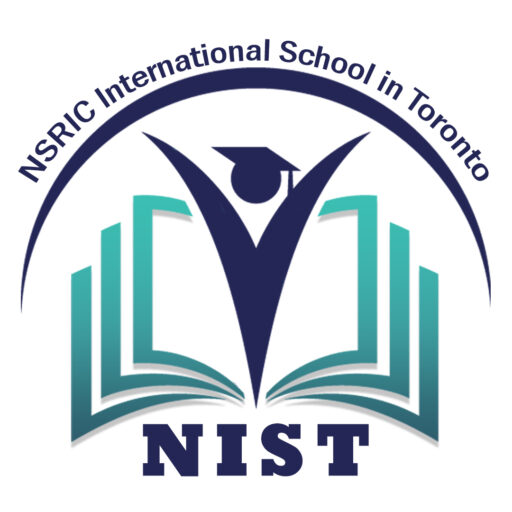CSD09: Cognitive Skill Development
About Course
This course is designed for Grade 9 students to teach Cognitive development skills by addressing typical Cognitive Changes During Adolescence. During adolescence (between 12 and 18 years of age), the developing teenager gains the ability to think systematically about all logical relationships within a problem. The transition from concrete thinking to formal logical operations happens over time. Children in this age group might: Have more ability for complex thought. Be better able to express feelings through talking. Develop a stronger sense of right and wrong. Children 14 years old and older fall into Piaget’s formal operational stage. A milestone of this period is using symbols to understand abstract concepts. Not only that, but older kids and adults can also think about multiple variables and come up with hypotheses based on previous knowledge. They are meeting school requirements (managing homework and extracurriculars), and contributing to the household in which they live (doing chores, cooperating with rules and expectations). As they develop, they will also test boundaries, forget things, and break rules. At 14, children are more involved with their peer group. Acceptance from their friends is very important, and they compare themselves to their pals. They may feel pressure to try drugs, alcohol, or cigarettes or to have sex. Most teens text their friends and are active on social platforms like Tik-Tok or Snapchat.
Cognitive tools theory is based on the acquisition of five kinds of understanding or cognitive tools, with each creating a foundation for the next. What are the five kinds of understanding that underpin cognitive tools theory? These are Somatic, Mythic, Romantic, Philosophical and Ironic.
Student Ratings & Reviews



